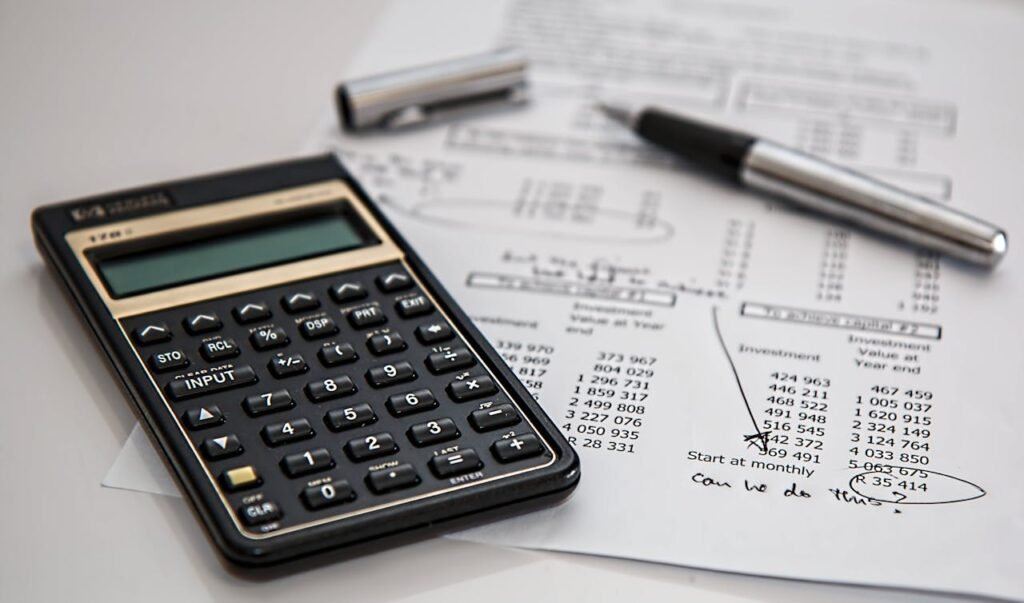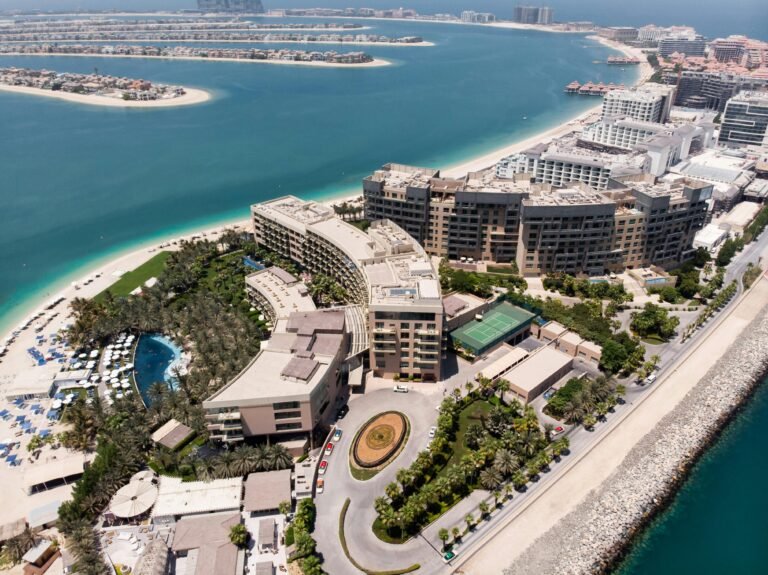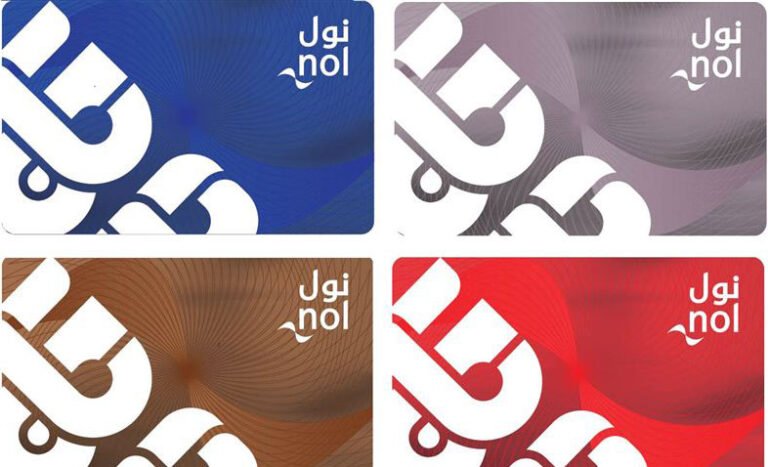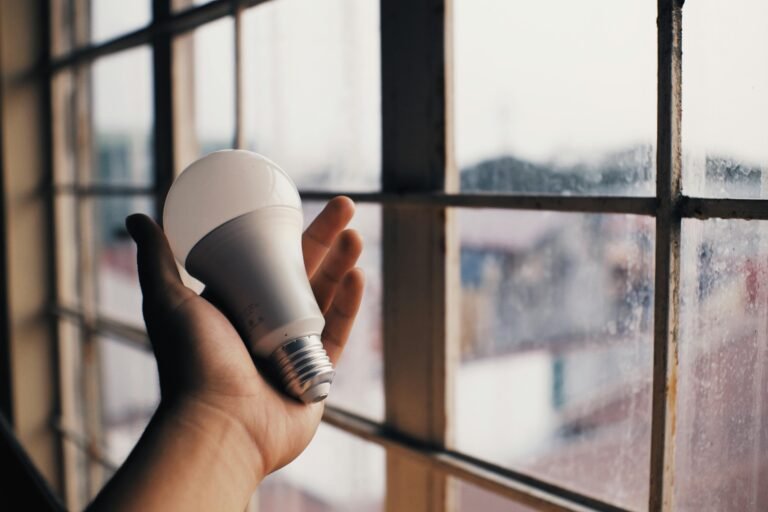Dubai, with its stunning skyscrapers and luxurious lifestyle, might make you think it’s a city just for the wealthy. But the truth is, you can experience all that Dubai has to offer without straining your wallet! Whether you’re new to the city or a long-time resident, this guide will provide you with practical ideas on managing your living expenses and planning your budget effectively. From finding affordable housing to smart grocery shopping and budget-friendly entertainment, we’ve got you covered. Ready to discover how to live comfortably in Dubai on a budget? Let’s dive in!
Breaking Down the Big Costs
Housing Costs
Accommodation is one of your largest expenses in Dubai. Here’s a breakdown of what you can expect:
- Central Areas: If you prefer to be in the heart of the city, studios in central locations like Downtown Dubai, Business Bay, or Dubai Marina typically range from 4,000 AED to 6,000 AED per month. For more space, a 1-bedroom apartment (1BHK) in these areas costs between 6,000 AED and 8,000 AED per month, while a 2-bedroom apartment (2BHK) ranges from 9,000 AED to 12,000 AED per month. These areas offer vibrant lifestyles and proximity to major attractions, but come with a higher price tag.
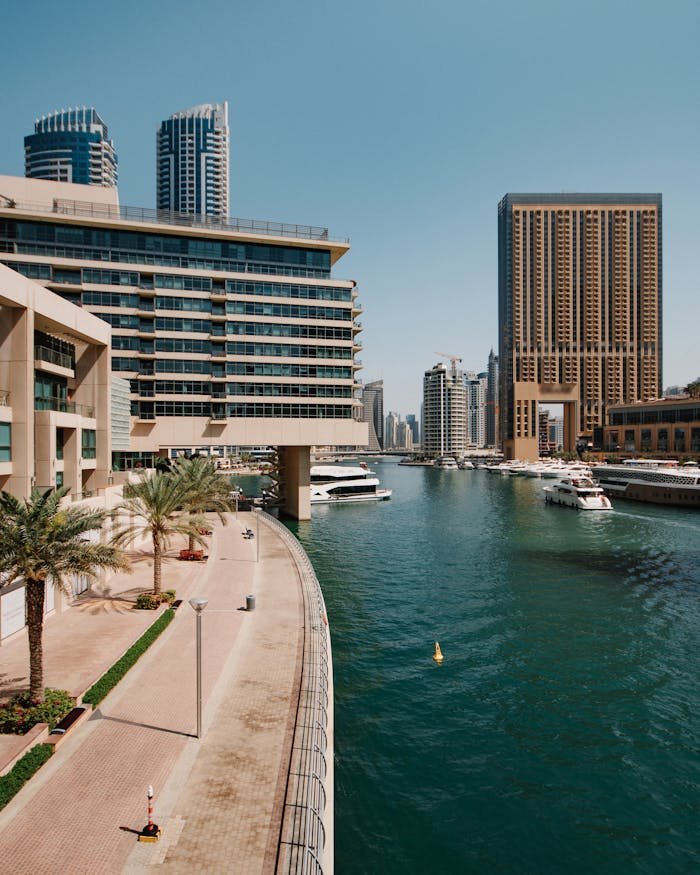
- Family-Friendly Suburbs: If you seek a quieter environment with more space, consider family-friendly suburbs such as Mirdif, Al Barsha, and Jumeirah Village Circle (JVC). Spacious apartments in these areas range from 7,000 AED to 10,000 AED per month or more. These neighborhoods feature parks, schools, and community centers, making them ideal for families.
- Affordable Areas: For those looking to stretch their budget, more affordable areas like Dubai International City, Deira, or Al Nahda offer good value. Studios here can be as low as 2,500 AED per month, with 1-bedroom apartments ranging from 3,000 AED to 5,000 AED per month, and 2-bedroom apartments from 5,500 AED to 7,000 AED per month. These areas are well-connected by public transport and offer better value for money.
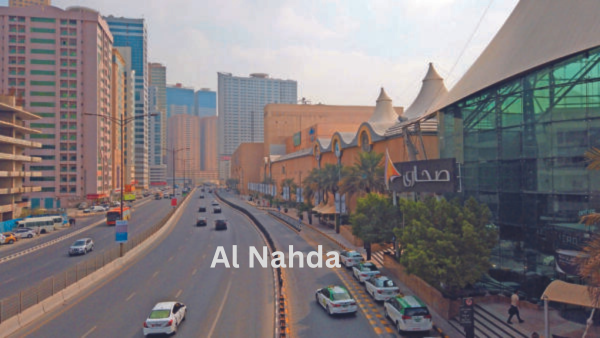
When my wife Khadija and I first moved to Dubai, we were excited to live near the city’s vibrant core. We initially chose a room near Downtown Dubai to soak in the luxury and excitement. However, over time, we found that while the central location was thrilling, it wasn’t the most practical for our daily lives and budget.
After some consideration, we decided to move to Al Nahda, which offered better value for money and was conveniently located near Khadija’s workplace. The move turned out to be a smart decision—we got a more spacious apartment at a lower cost, and the shorter commute significantly improved our quality of life. Al Nahda has plenty of amenities, and we still enjoy easy access to the rest of the city via the metro.
TIPS: To find the best deals and suitable locations, use property websites like Dubizzle, Property Finder, and Bayut. Additionally, joining local expat groups on social media can provide insider tips on affordable housing.
Renting a flat or studio on an annual basis can save you more money compared to monthly rentals.
Utilities: Navigating the Costs
Dubai’s summer heat can significantly impact your utility bills, especially due to air conditioning. On average, you can expect to pay between 500 and 1,000 AED per month for utilities, depending on your apartment size and usage.
The amount you pay depends on how much time you spend at home. If you’re out most of the day, your bills might be lower. However, if you work from home or spend long hours indoors, your bills will be higher. Simple practices like turning off lights and unplugging unused electronics can help reduce costs.
Groceries: Balancing Quality and Budget
Dubai offers a range of grocery shopping options from budget-friendly to high-end. For everyday needs, stores like Carrefour, Spinneys, and LuLu Hypermarket have extensive selections. If you want to save more, Nesto and Day-to-Day Supermarket are excellent choices for lower prices on essentials. Union Coop also provides a good mix of affordable and premium products.
Additionally, you can explore smaller grocery chains like Shaklan Hypermarket, Azhar Al Madina, and VIVA, which sometimes have promotions. However, their quality may be medium.
In our early days in Dubai, we learned that planning meals, buying local produce in season, and avoiding impulse purchases could significantly reduce grocery expenses. For a family of two, monthly grocery bills typically range between 800 AED and 1,000 AED. For a family of four, expect to spend between 1,500 AED and 2,500 AED. Shopping at Nesto or Day-to-Day, and sticking to essentials, can stretch your budget further.
Dining Out: Savoring Dubai Without Breaking the Bank
Dubai’s diverse culinary scene is tempting, but dining out frequently can add up quickly. To enjoy the city’s food without overspending, explore local cafeterias and budget-friendly restaurants. Many places offer delicious meals at reasonable prices.
Dining out usually costs between 30 AED and 60 AED per person for a casual meal. For a mid-range restaurant, you might spend around 100 AED to 200 AED per person. By mixing home-cooked meals with occasional dining out, you can comfortably budget between 500 AED and 1,000 AED per month. This allows you to enjoy Dubai’s culinary delights while managing your expenses.
Transportation: Navigating Dubai Efficiently and Affordably
Getting around Dubai affordably is achievable with some planning. The city provides various transportation options for different budgets and preferences.
- Dubai Metro and Buses: The Dubai Metro is an efficient and cost-effective way to travel. With clean, air-conditioned carriages and an extensive network, it’s a popular choice. Invest in a Nol card, a rechargeable travel card, for discounted fares and ease of use across the metro, buses, and some taxis. A Silver Nol card costs around 350 AED per month for unlimited travel within specific zones. For more comfort, the Gold Nol card provides access to premium cabins but is more expensive.
Buses complement the metro system and are accessible with a Nol card, which can be used on all RTA buses except intercity ones.
- Taxis and Ride-Sharing: Taxis are convenient but can be costly. Fares start at 12 AED, making them less budget-friendly for regular use. Ride-sharing apps like Uber and Careem offer services and often have promotions, so keep an eye out for discounts.
- Owning a Personal Car: Having a personal vehicle offers maximum comfort and convenience. If you’re a visitor, ensure you have an international driving license to rent and drive a car. For those planning to live in Dubai, applying for a UAE driving license is essential. The process involves driving lessons and passing both theory and practical tests. Once you have your UAE driving license, you can enjoy the flexibility of driving your own car, whether for commuting or weekend adventures.
Entertainment
Dubai offers a wealth of entertainment options, but theme parks, high-end clubs, and fancy restaurants can be expensive. Look for free or affordable activities such as visiting public beaches, exploring museums (many offer free entry days), or attending cultural events. Enjoy Al Seef, the Dubai Fountain Show with a view of Burj Khalifa, various malls, and public parks. 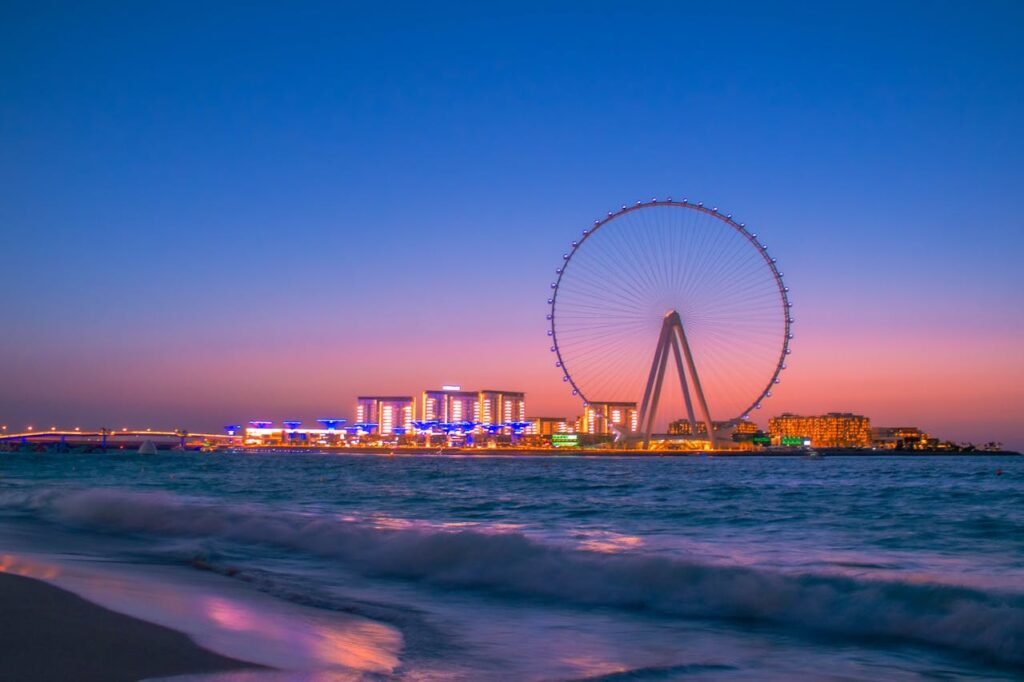
For a balanced approach, budget for two or three high-priced attractions each month and explore more affordable options. I recommend a budget of 800 to 1,500 AED per person. This allows you to experience some attractions and watch a movie or two.
These figures are estimates and can be adjusted based on personal preferences and spending habits. Enjoy more frequent dining or high-end attractions? Your budget might need to be higher. Prefer free activities and home-cooked meals? You can keep your entertainment costs lower.
The key to living comfortably in Dubai is being mindful of your spending, exploring all your options, and embracing the city’s diverse offerings. With a bit of planning and a positive attitude, Dubai can be an affordable and unforgettable adventure!
FAQ
What is the average cost of living in Dubai for a single person?
For a single person, the average cost of living in Dubai can range from 4,000 AED to 8,000 AED per month. This includes rent, utilities, groceries, transportation, and entertainment. If you opt for shared accommodation and budget-friendly grocery stores, you can keep costs on the lower end.
What are the most affordable areas to live in Dubai?
Some of the most affordable areas include:
- Dubai International City: Studios starting at 2,500 AED per month
- Deira: 1-bedroom apartments from 3,000 AED per month
- Al Nahda: 1-bedroom apartments from 3,000 AED per month
These areas offer good value for money and are well-connected by public transport.
TIPS: Renting a flat or studio every year can save you more money compared to monthly rentals.
Where can I find budget-friendly grocery stores in Dubai?
- Nesto and Day-to-Day Supermarket for lower prices
- Carrefour, LuLu Hypermarket, and Union Coop for a mix of options
Besides this, you can explore smaller grocery chains like Shaklan Hypermarket, Azhar Al Madina, and VIVA, which sometimes have promotions. However, the quality is medium.
What are some tips for saving money while dining out or ordering food delivery in Dubai?
- Explore local cafeterias and budget-friendly restaurants
- Check for discounts on food delivery apps like Noon and Talabat.
- Look for happy hours and promotions
Is public transportation in Dubai affordable and reliable?
Yes. The Dubai Metro and buses are affordable and reliable. A Silver Nol card costs around 350 AED per month for unlimited travel within certain zones.
How much should I budget for entertainment in Dubai?
800 to 1,500 AED per person per month for a mix of free activities and occasional splurges on attractions. But it can vary from person to person depending on your spending habits and preferences
Is it cheaper to own a car or use public transportation in Dubai?
Public transportation is cheaper. A monthly Nol card is cost-effective, but owning a car offers more comfort and flexibility for frequent travelers.
